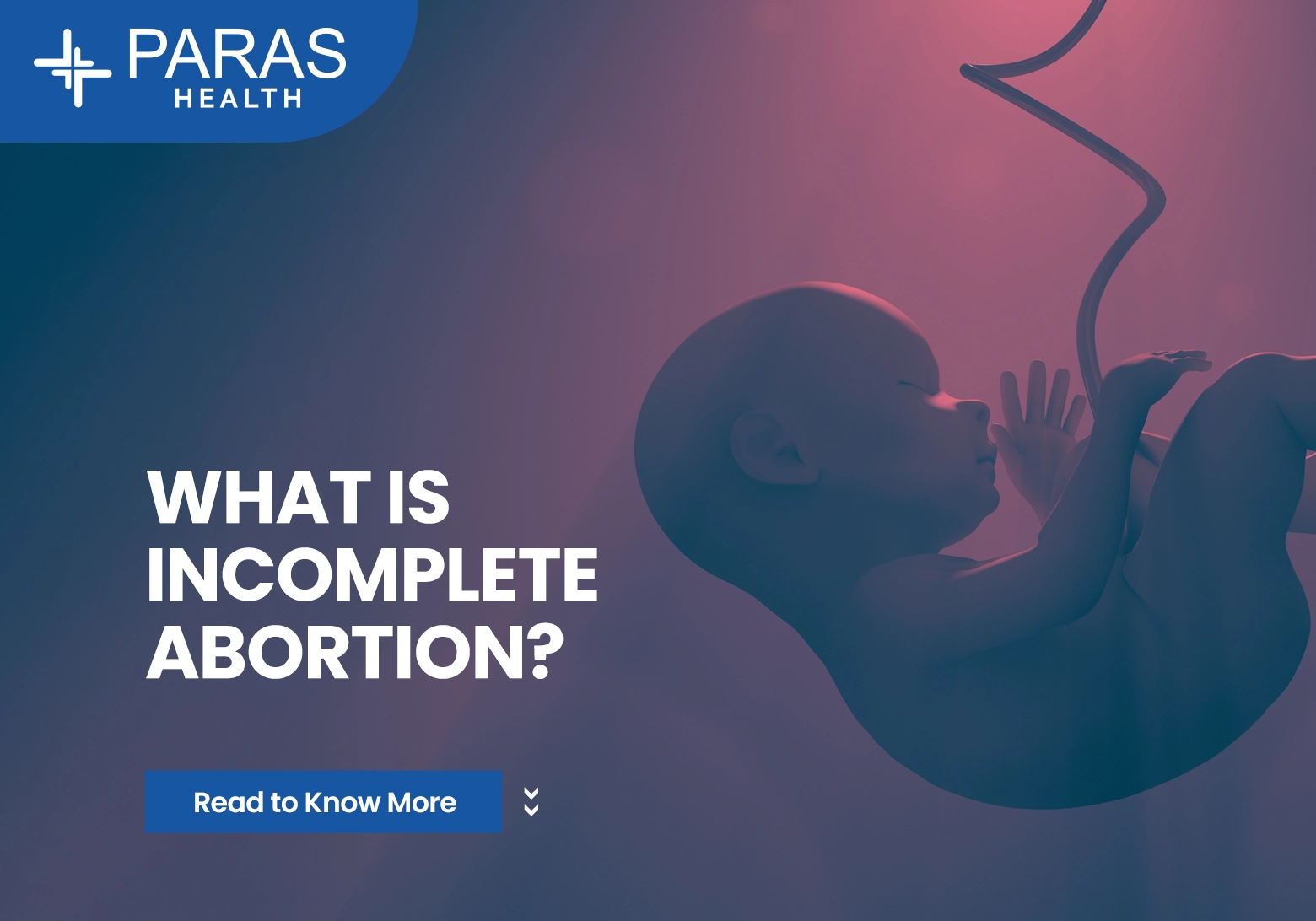Thyroid Test During Pregnancy – Why It Matters?
Oct 11, 2025
Pregnancy is a time of joy, hope, and change — not just emotionally, but also hormonally. One of the most crucial glands that influences both the mother’s and baby’s health is the thyroid gland.
It might be small, but its impact during pregnancy is huge. That’s why thyroid test during pregnancy is a must — even if you feel completely fine.
In this blog, let’s understand what the thyroid does, how pregnancy affects it, what your thyroid levels in pregnancy should look like, and why TSH test in pregnancy is essential for both you and your baby’s well-being.
What Is the Thyroid and How Does It Work During Pregnancy?
Your thyroid gland, located in the front of your neck, produces hormones — T3 (Triiodothyronine) and T4 (Thyroxine) — that regulate metabolism, energy, and growth. During pregnancy, these thyroid hormones in pregnancy also help your baby’s brain and nervous system development, especially in the first trimester.
Because of hormonal changes like higher hCG (human chorionic gonadotropin) and estrogen, your thyroid works harder in pregnancy. This hCG effect on thyroid function often leads to mild fluctuations in TSH levels by trimester, which is why thyroid changes in pregnancy are monitored carefully through regular tests.
Why Thyroid Test Is Important During Pregnancy
Many women discover thyroid problems during pregnancy for the first time. Because the early symptoms — tiredness, weight gain, or mood swings — can overlap with normal pregnancy signs, a thyroid test in pregnancy becomes crucial.
A simple thyroid blood test that checks TSH, Free T3, and Free T4 helps your doctor assess thyroid function. Early detection and awareness of the thyroid test in pregnancy importance can help prevent complications such as:
- Miscarriage or preterm birth
- Preeclampsia (high blood pressure in pregnancy)
- Low birth weight
- Baby’s delayed brain development
Doctors often recommend thyroid screening in early pregnancy or even before conception, especially if there is a family history of thyroid disease.
Normal Thyroid Levels During Pregnancy (Trimester-Wise Chart)
Since thyroid function changes in pregnancy, normal TSH levels during pregnancy differ slightly from those in non-pregnant women.
|
Trimester |
Normal TSH Range (mIU/L) |
What It Means |
|
1st Trimester |
0.1 – 2.5 |
hCG temporarily lowers TSH levels |
|
2nd Trimester |
0.2 – 3.0 |
Thyroid activity stabilizes |
|
3rd Trimester |
0.3 – 3.5 |
Slight increase in TSH is normal |
These trimester wise thyroid ranges help doctors interpret your thyroid test report accurately.
Common Thyroid Problems During Pregnancy
There are two major types of thyroid disorders during pregnancy that women may face:
Hypothyroidism (Underactive Thyroid)
When your thyroid doesn’t produce enough hormones, it’s called hypothyroidism during pregnancy.
Symptoms:
- Tiredness
- Dry skin
- Weight gain
- Constipation
- Low mood
If untreated, it can lead to miscarriage, anemia, or developmental delay in the baby.
Hyperthyroidism (Overactive Thyroid)
When your thyroid makes too much hormone, it’s called hyperthyroidism during pregnancy.
Symptoms:
- Rapid heartbeat
- Anxiety
- Weight loss
- Sweating
- Tremors
Usually caused by Graves’ disease in pregnancy or gestational thyrotoxicosis.
Doctors may also check for thyroid antibodies (TPOAb, TgAb, TRAb) to rule out autoimmune thyroiditis like Hashimoto’s thyroiditis.
How Is the Thyroid Test Done During Pregnancy?
Getting a thyroid test during pregnancy is simple and painless.
Here’s how it works:
- A small blood sample is taken (no fasting required).
- The lab checks your TSH, Free T4, and sometimes TPO antibodies.
- If results are abnormal, follow-up tests are done every 4–6 weeks.
Pro Tip: Always get tested from the same lab for consistency.
You can easily search online for thyroid test near me or thyroid test price to locate nearby diagnostic centers. The TSH blood test and T3 T4 test during pregnancy provide accurate hormone readings that help your doctor manage your care better.
What Happens If Thyroid Levels Are Abnormal?
Having high TSH in pregnancy or low TSH in pregnancy doesn’t mean you need to panic. With timely treatment, most women deliver healthy babies.
If you have hypothyroidism, your doctor may prescribe Levothyroxine, a safe thyroid treatment in pregnancy.
If you have hyperthyroidism, medicines like Propylthiouracil (PTU) are commonly used during the first trimester.
Doctors may repeat TSH testing every 4–6 weeks to adjust your dose.
Untreated thyroid imbalance may increase risks like:
- Miscarriage
- Low birth weight
- Preeclampsia
- Postpartum thyroiditis
Managing Thyroid Naturally During Pregnancy
While medication is essential, a balanced thyroid diet during pregnancy helps support thyroid health.
Include the following thyroid friendly foods:
- Iodine in pregnancy: dairy, iodized salt, fish, and eggs
- Selenium and zinc: nuts, seeds, lentils
- Vitamin D: sunlight and supplements (as advised)
- Avoid excessive goitrogens like raw cabbage or soy
Good thyroid nutrition in pregnancy supports hormonal balance, but supplements should only be taken under medical supervision.
Thyroid After Delivery: Postpartum Testing
After childbirth, some women develop postpartum thyroiditis — temporary inflammation of the thyroid causing either hyperthyroidism or hypothyroidism.
It’s important to recheck your thyroid after delivery — usually 6–12 weeks postpartum — especially if you had any thyroid imbalance during pregnancy. Regular postpartum thyroid test ensures your hormone levels return to normal.
If you’re breastfeeding, your doctor will guide you on safe breastfeeding and thyroid medicine management.
Conclusion: Early Testing Means Healthy Mother and Baby
A simple thyroid test during pregnancy can make a big difference. Early detection and proper management ensure a healthy pregnancy and baby.
If you’re planning to conceive or are already pregnant, speak to your gynecologist or endocrinologist about thyroid screening today.
FAQ's
When should I get a thyroid test during pregnancy?
It’s best to get your thyroid test during pregnancy during your first prenatal visit or soon after confirming pregnancy. Early screening helps detect issues before symptoms appear.
Is thyroid testing mandatory during pregnancy?
Yes. Thyroid imbalance in pregnancy can silently affect both the mother’s health and the baby’s brain development, so timely testing is crucial.
What are normal thyroid levels in pregnancy?
Normal TSH levels during pregnancy range from 0.1–2.5 mIU/L in the first trimester and up to 3.5 mIU/L by the third trimester, though lab values may vary slightly.
What causes thyroid imbalance in pregnancy?
Hormonal changes, family history, iodine deficiency, or autoimmune conditions like Hashimoto’s or Graves’ disease can cause imbalance.
How often should thyroid be tested during pregnancy?
If you’re on medication, repeat your thyroid test in pregnancy every 4–6 weeks to ensure hormone levels remain stable.
Can thyroid affect my baby?
Yes. Untreated thyroid disorders in pregnancy can cause premature birth, low birth weight, or developmental delays in the baby.
Is fasting required for thyroid test?
No fasting is required. You can take the thyroid blood test anytime during the day without affecting results.
What are symptoms of thyroid imbalance in pregnancy?
Common signs include fatigue, mood swings, weight changes, swelling, or hair loss. Get tested if these symptoms persist.
Can thyroid go back to normal after delivery?
Yes, in many cases postpartum thyroiditis is temporary and hormone levels return to normal within a few months.
How is thyroid treated during pregnancy?
Thyroid treatment in pregnancy involves safe medications like Levothyroxine or PTU under medical supervision for healthy outcomes.







.webp)


